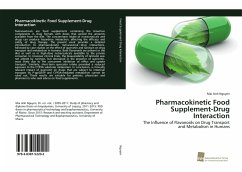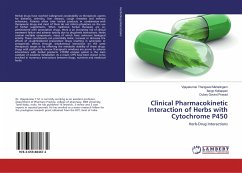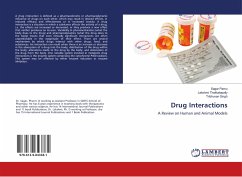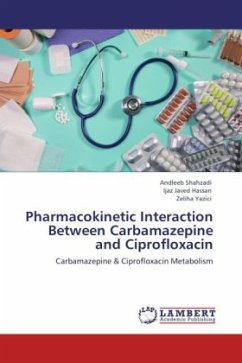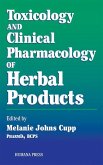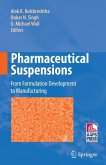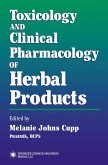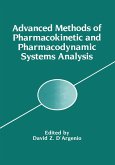Nutraceuticals are food supplements containing the bioactive components in drug formats with doses that exceed the amounts available from the diet. The concomitant intake of nutraceuticals and drugs can produce hazardous interaction, affecting the efficacy and safety of drug therapy. The present work provides a detailed introduction to pharmacokinetic nutraceutical-drug interactions, followed by case studies on the effect of quercetin and naringin on drug transport and metabolism in humans. Both flavonoids are present in the diet as well as in high-dose nutraceuticals available to the private consumer. In crossover clinical trials, the bioavailability of talinolol was not altered by naringin, but decreased in the presence of quercetin, most likely due to the concurrent inhibition of efflux and uptake transport. Similarly, short-term quercetin intake provoked a reduced exposure to the CYP3A substrate midazolam. In conclusion, a clinically relevant impact of quercetin on drugs thatare subject to intestinal transport by P-gp/OATP and CYP3A-mediated metabolism cannot be ruled out. These results are valuable for patients, physicians and pharmacists who seek advice on food supplements.
Bitte wählen Sie Ihr Anliegen aus.
Rechnungen
Retourenschein anfordern
Bestellstatus
Storno

